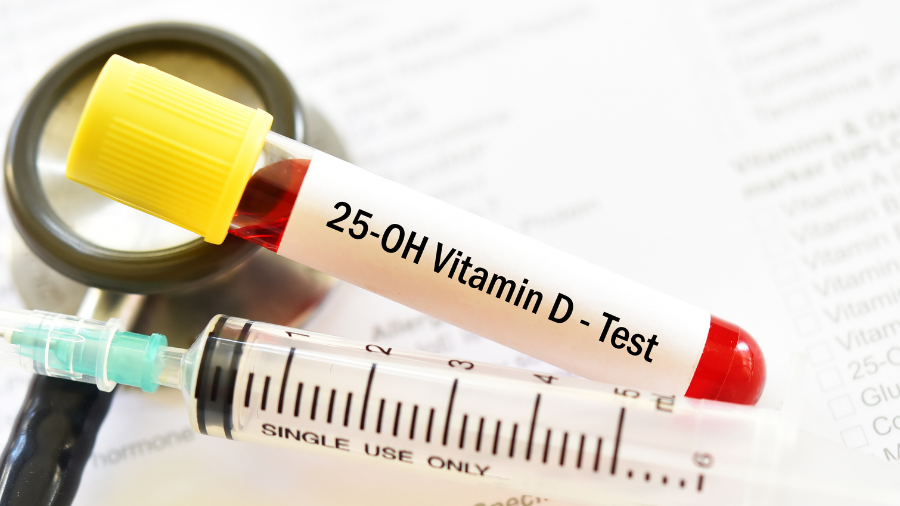Ensuring Accuracy of Nutrition Labels in Supplements
Consumers trust nutrition labels to guide their supplement choices, but what happens when those labels are inaccurate? Studies have found that some supplements contain incorrect ingredient amounts, undisclosed additives, or misleading claims, putting both consumers and manufacturers at risk. Whether intentional or accidental, mislabeling can lead to regulatory violations, health risks, and damaged brand credibility. […]
Ensuring Accuracy of Nutrition Labels in Supplements Read More »










